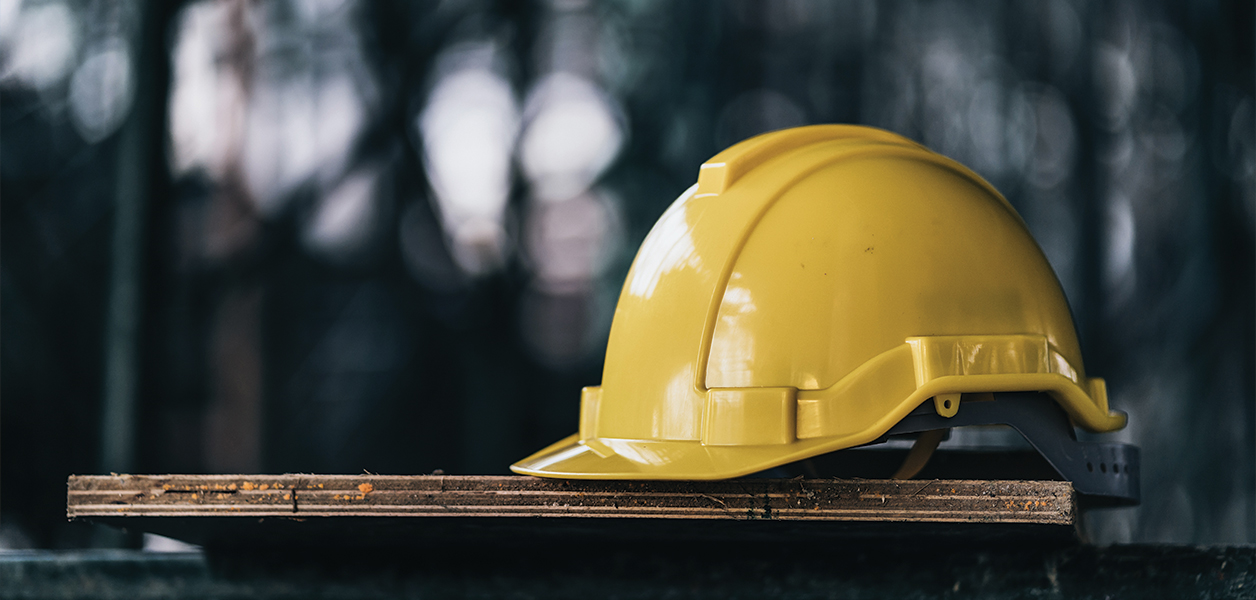The safety focus in the construction industry tends to be on physical hazards, which are addressed through prevention programs and focus on reducing the risk of injury. However, 2016 data from the Centers for Disease Control and Prevention show the construction industry has one of the highest suicide rates, emphasizing the mental health crisis facing the industry, according to www.constructionexec.com.
Research shows job strain; long work hours; the physical nature of the work; and potential for burnout are contributing factors that negatively affect workers’ mental health.
Construction leaders are recognizing the need to take direct action to address this crisis, but mental health risks can vary significantly from employee to employee. There is no effective one-size-fits-all approach to mental health. Some leaders are taking a two-pronged approach focused on individual needs and company culture.
Many employees may not know where to start when addressing mental health obstacles and may believe support is not available at work.
Establishing mental health and wellness programs can significantly affect employee health and well-being, productivity and job satisfaction. Such programs must include resources personalized to the individual—from education and awareness resources to access to health care professionals and counseling services. Construction employers also could consider collaborating with a digital mental health-therapy provider to offer online support when workers are off the job.
Even if you provide mental health resources, employees may not take advantage of them if they are afraid of judgment. Eliminating the stigma surrounding mental health is crucial to creating a healthy company culture. Start by talking about mental health regularly through safety team talks, wellness events or lunch and learns. Open lines of communication to help employees feel more comfortable expressing their levels of stress. Companies also can add a certified mental health clinician to the team—including an athletic trainer or EMT—to help with crisis interventions, education, and health and well-being programs.
Better mental health means safer workers. For construction sites and companies to succeed, addressing physical and mental health is key.





